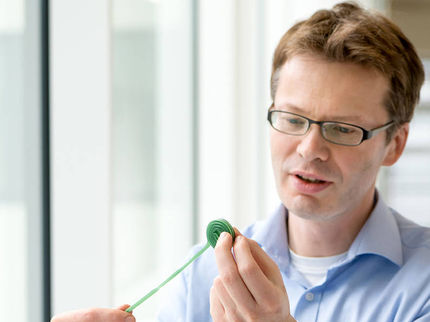The Myelin Repair Foundation and ENDECE Neural Form Collaboration to Develop Myelin Regenerative Compounds for Multiple Sclerosis (MS) Treatment
Advertisement
The myelin Repair Foundation (MRF) and ENDECE Neural, LLC have formed a partnership to expedite the advancement of myelin regeneration drug candidates for multiple sclerosis (MS) patients through pre-clinical studies and into Phase I clinical studies.
Through this collaboration, the newly launched MRF Translational Medicine Center will assess the myelin regenerating capabilities of proprietary small molecule compounds from ENDECE Neural in novel MRF Multiple Sclerosis models for their effectiveness in reversing myelin damage.
These ENDECE Neural compounds will be evaluated at the MRF Translational Medicine Center, which is dedicated to the acceleration of the drug discovery and development process for new MS treatments. This laboratory facility offers a rigorous, industry-leading translational medicine platform, led by MRF personnel with over four decades of extensive biopharma experience moving therapeutic compounds into clinical trials. The goal of the MRF Translational Medicine Center is to advance potential myelin repair treatment targets toward commercialization to benefit MS patients.
"By combining the innovative approach by ENDECE Neural to remyelination and the resources available at the MRF Translational Medicine Center, we can expedite progress towards developing new MS treatments for patients," says Dr. Jay Tung, Ph.D., Vice President of Drug Discovery and Research Operations at MRF. "We are excited to work with ENDECE Neural since we both share a deep commitment to bringing novel therapeutics to MS patients who simply cannot wait for new cures."
"We approached the Myelin Repair Foundation about joining forces because of their expertise in myelin repair models, in addition to their new in-house capabilities at the MRF Translational Medicine Center," says Dr. James Yarger, Ph.D., President of ENDECE Neural. "Unlike current MS therapies, which target immune response and inflammation to slow relapses, our drug compounds are promising candidates for remyelination, with the potential to restore muscle control and mobility. Without remyelination, there can be no cure for MS," states Dr. Yarger.























































